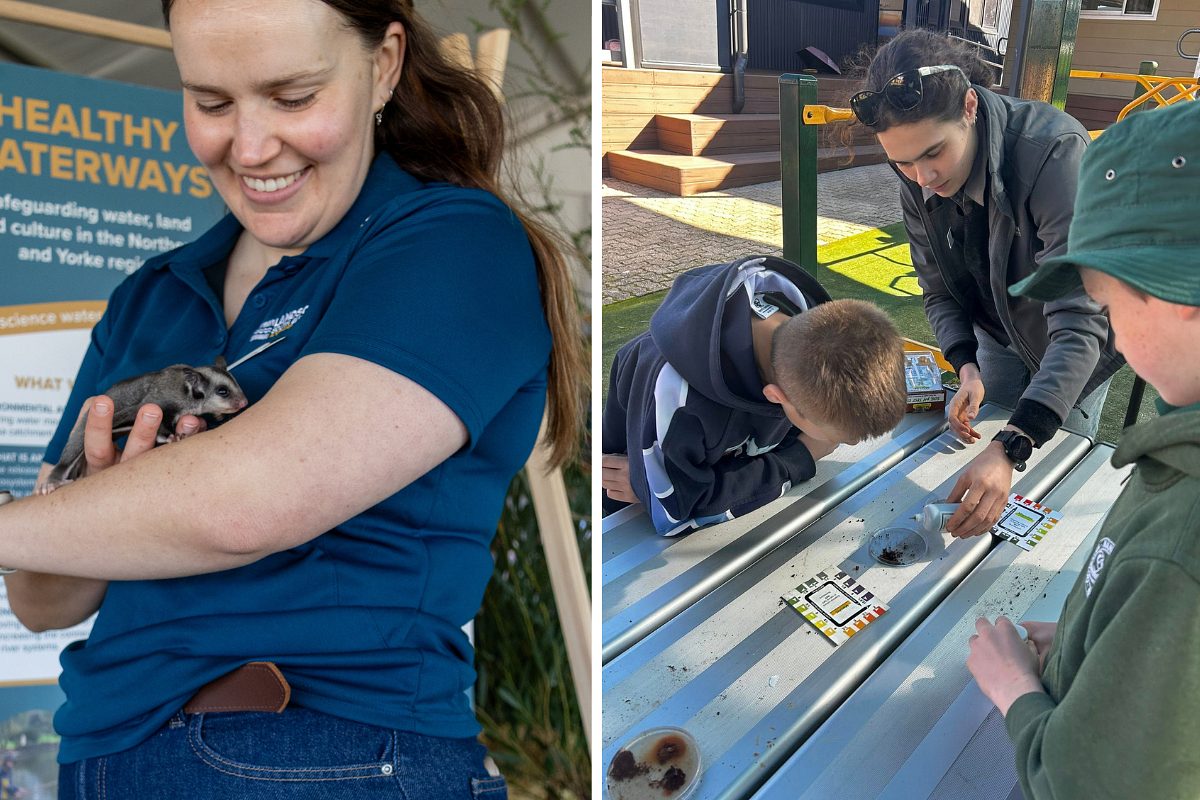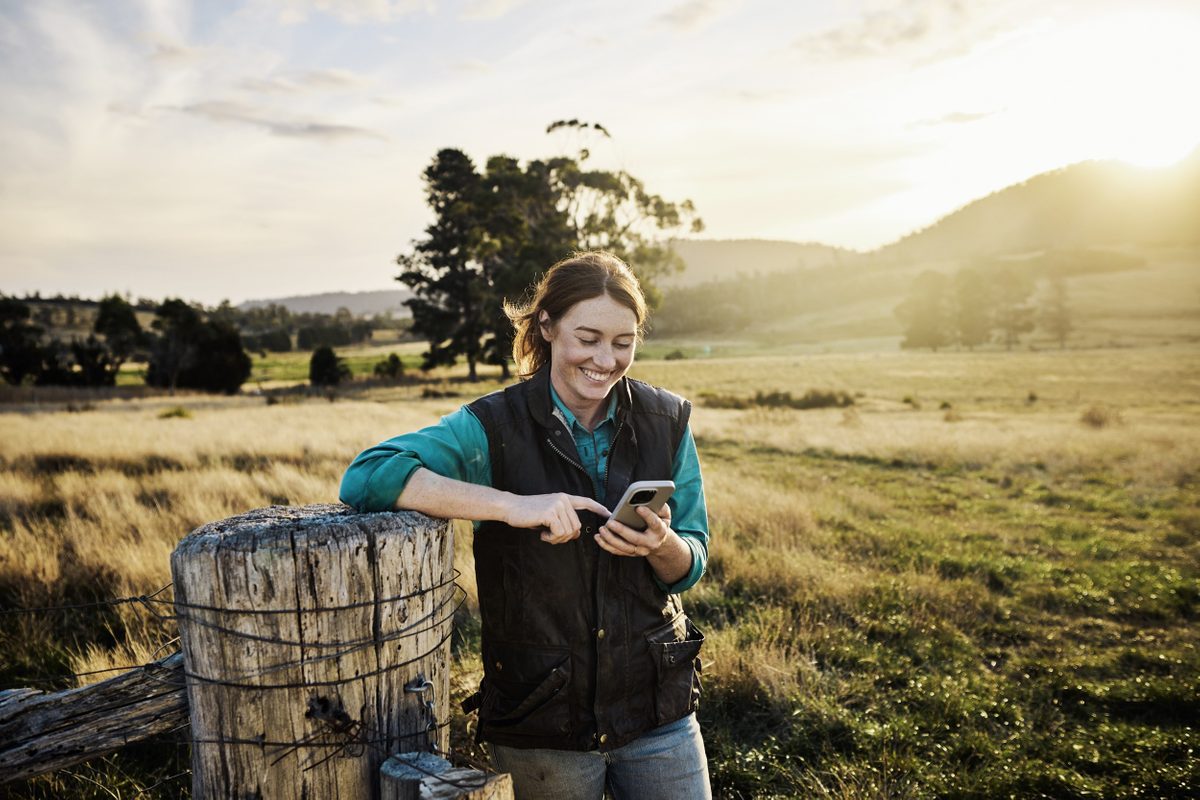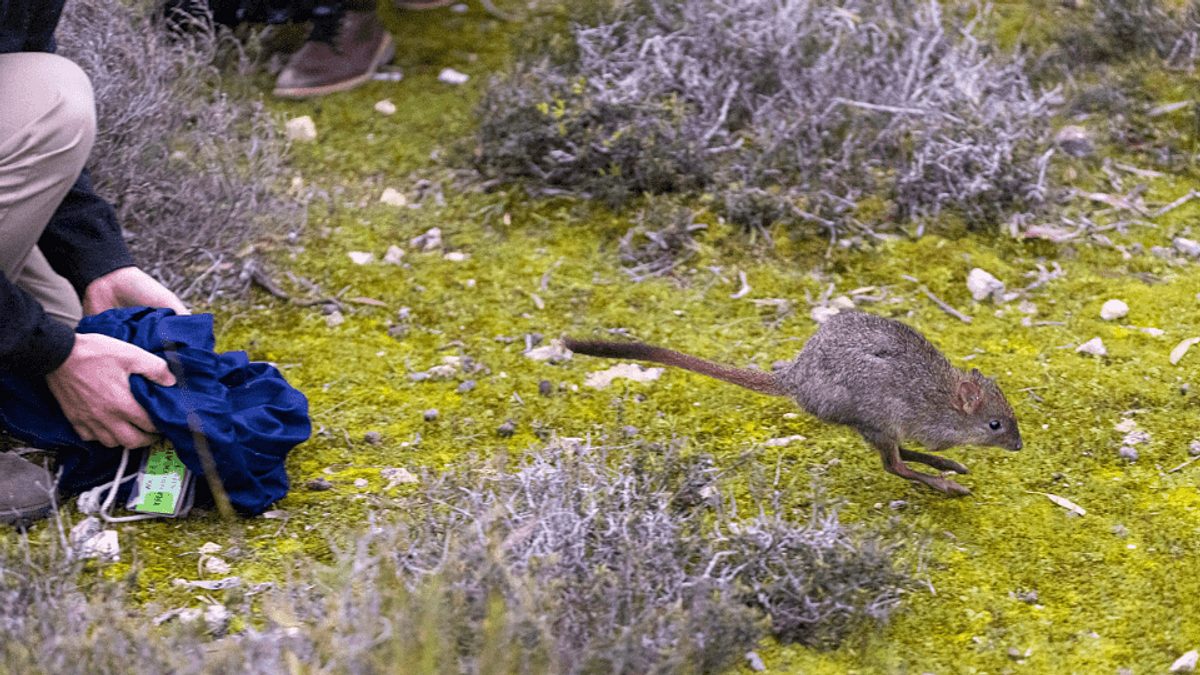Prickly weeds to be controlled from the air
A project designed to improve pastoral production across the Northern and Yorke, SA Arid Lands and SA Murray-Darling Basin regions by reducing the impacts of two prickly weeds is well underway.
The Eastern Plains Cactus and African Boxthorn Management project commenced in 2017 to tackle Opuntioid cactus and African boxthorn, both of which are Weeds of National Significance (WoNS).
Natural Resources Northern and Yorke Landscape Ranger Ali Nicolson said that both weeds are highly invasive and have become established within the same geographical range, however their control techniques are different.
“Integrated pest management at the landscape scale that employs a range of different strategies is the most effective method of controlling weeds, providing significant agricultural and environmental benefits and greatly reducing the likelihood of reinfestation and further spread of weeds,” Ms Nicolson said.
“Following successful technical workshops for community groups and on ground treatment, the next step in the project is to undertake an aerial boxthorn control trial.
“This trial will involve trained staff applying granular herbicide from a helicopter. The benefits of this type of control are huge productivity gains and an ability to efficiently control boxthorn plants on a large scale.”
Ms Nicolson said the project area was surveyed for prickly WoNS in 2007 and again in 2019 with the aim of measuring and understanding the spread and density change over the last 12 years. The results show an overall increase in plant density.
“Mapping of boxthorn will also be undertaken from the air to enhance the ground based survey results.”
PIRSA Biosecurity SA Established Weeds Facilitator Troy Bowman said that a very important part of the project has been the establishment of a biological control nursery for cactus at Peterborough.
“Cochineal and cactoblastis are parasitic insects that feed on cactus. Cochineal is currently being used to control infestations in the region, with cactoblastis recently released as an additional tool in the arsenal against cactus. Ongoing breeding and further releases to increase the impact on cactus populations are planned into the future,” Mr Bowman said.
Mr Bowman said that 14 landholders involved in the project attended a ChemCert Accreditation Course at Peterborough in March.
“The course was delivered by ChemCert Australia through a partnership between Natural Resources Northern and Yorke and the Department of Primary Industries and Regions and was heavily subsidised to improve accessibility of the course to farmers in need of the certification,” Mr Bowman said.
“By providing training and technical advice we will build capacity within the community to confidently continue to manage infestations of these invasive weeds.”
For information about how to become involved in the project, please contact the Natural Resources Centre in Clare on 8841 3444 or NRNY.DEW@sa.gov.au.


